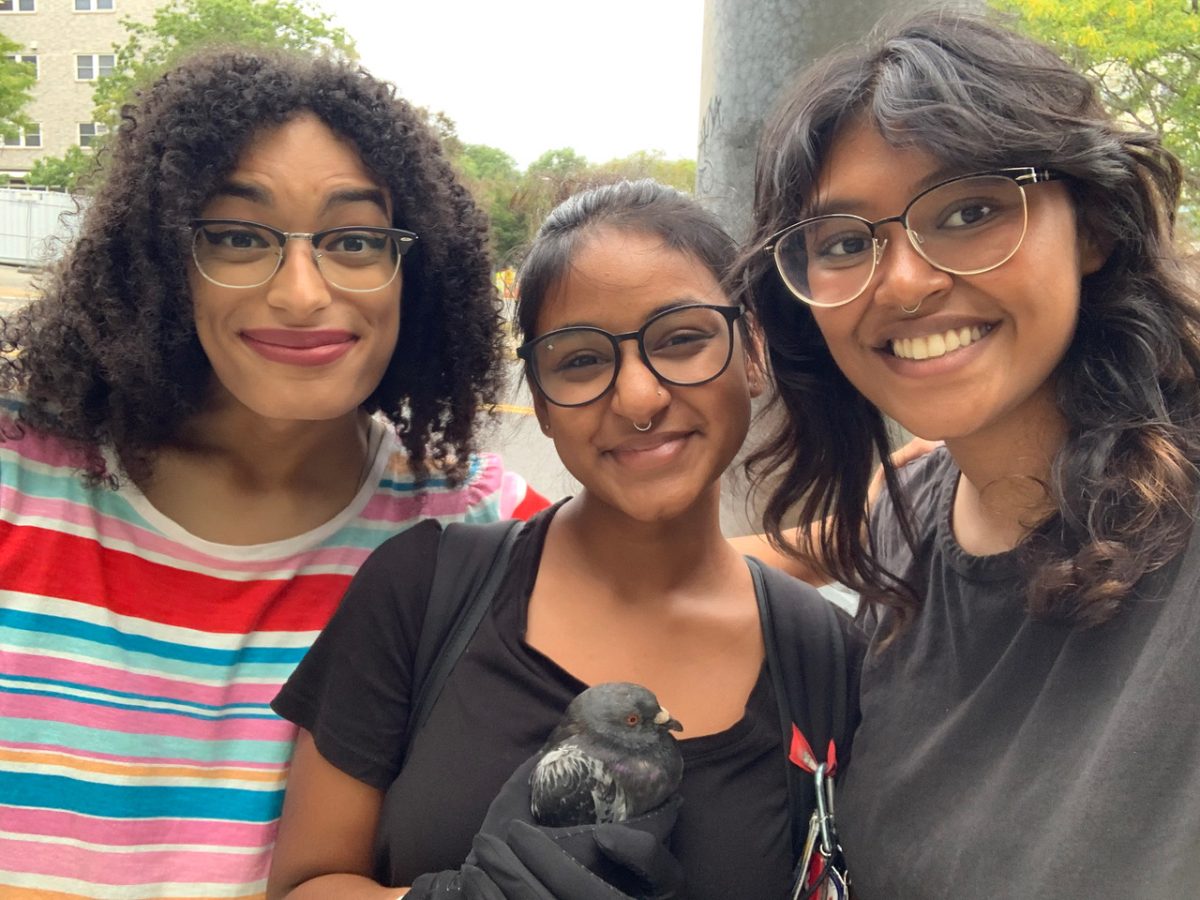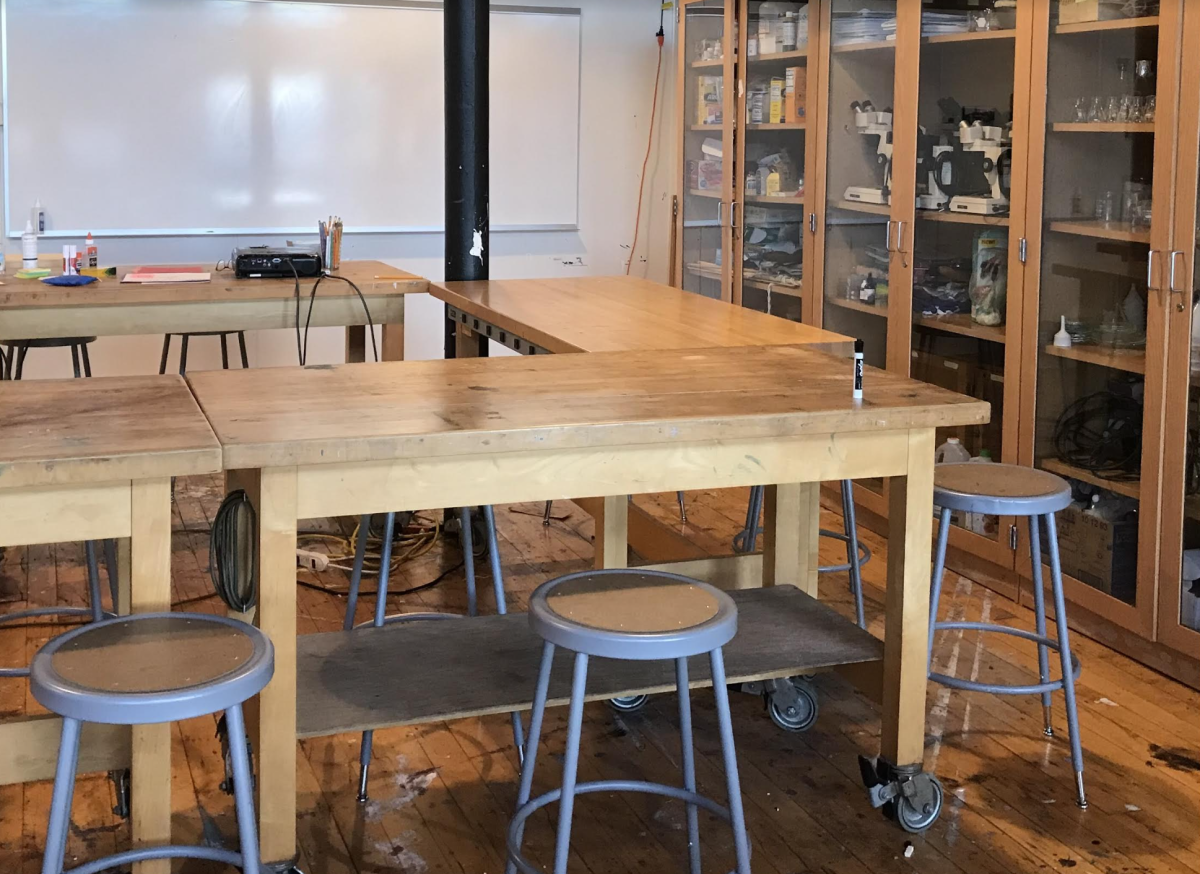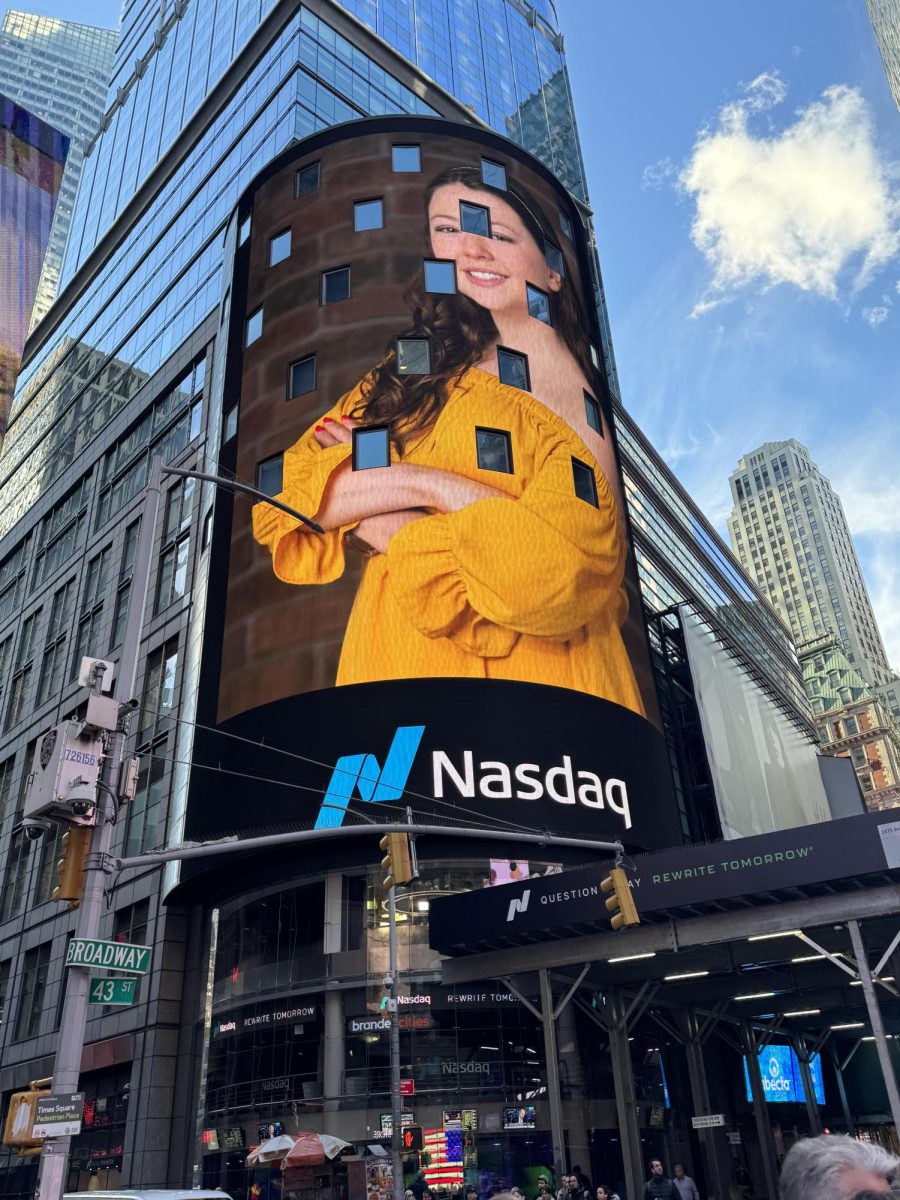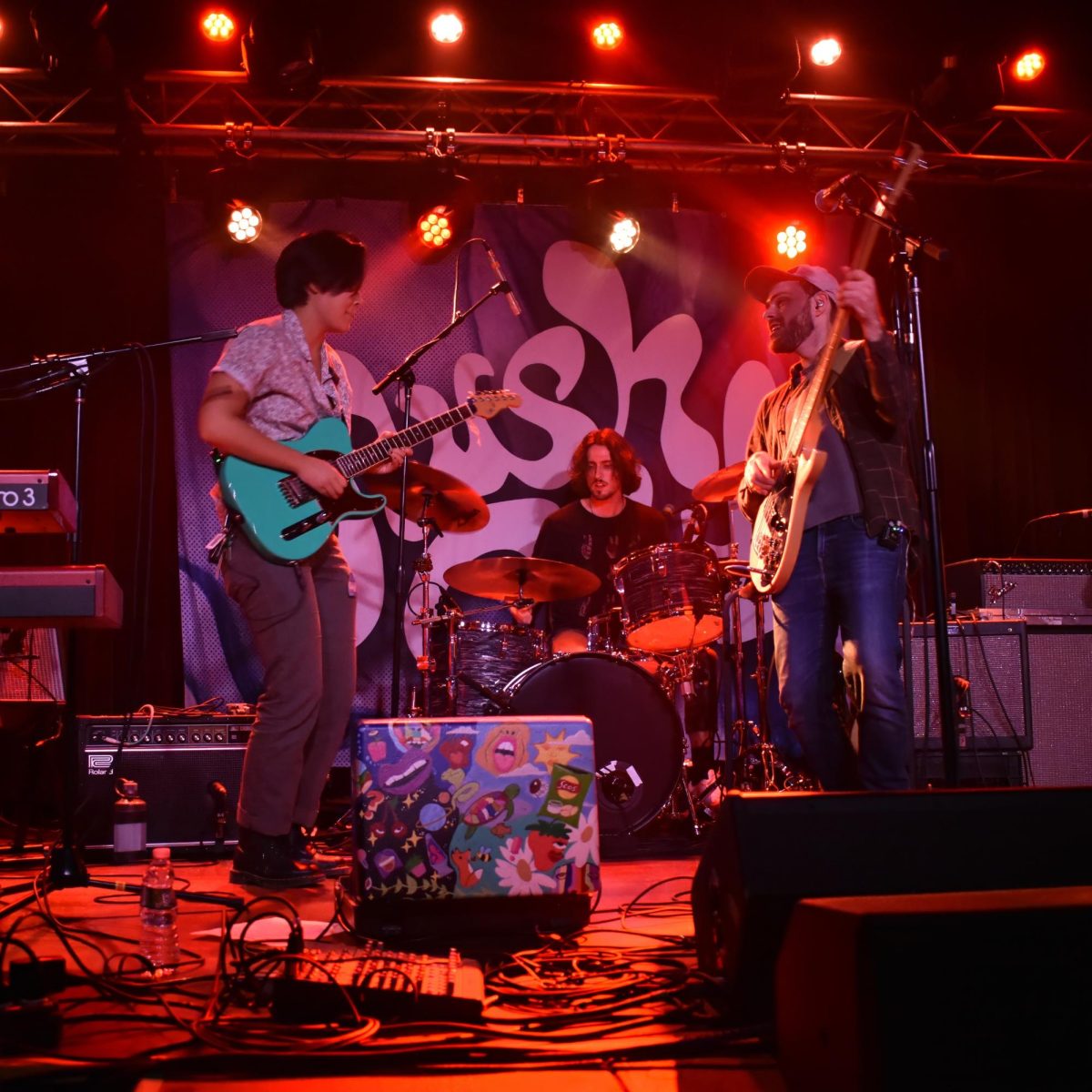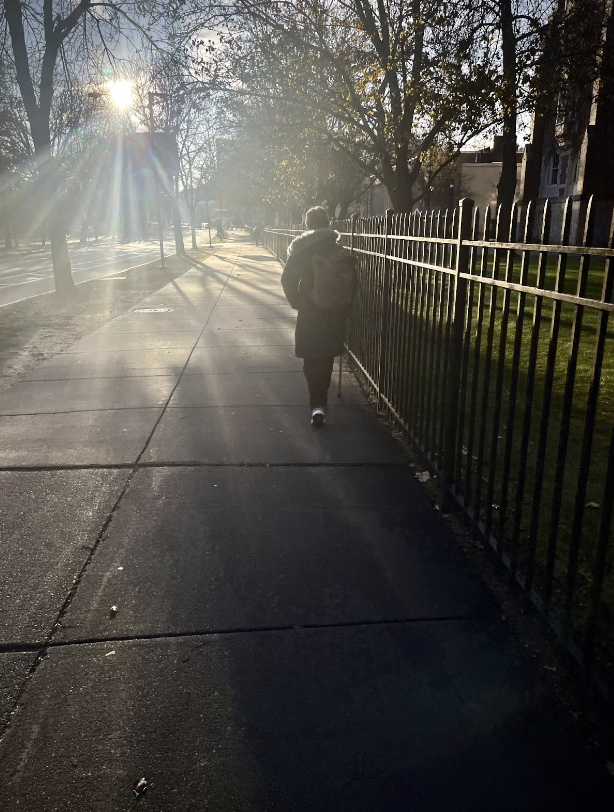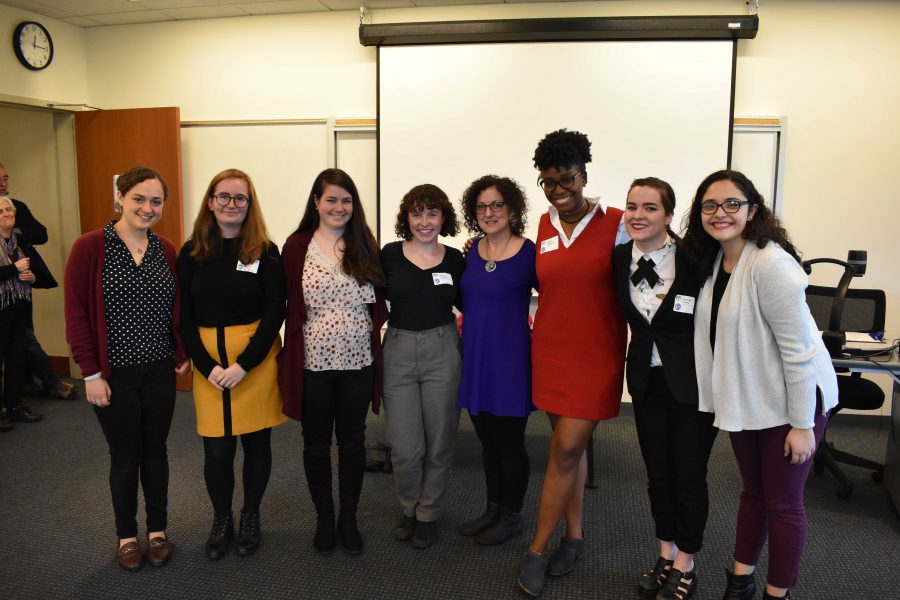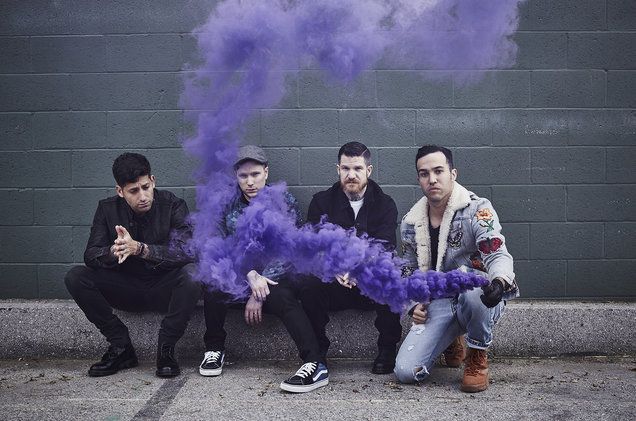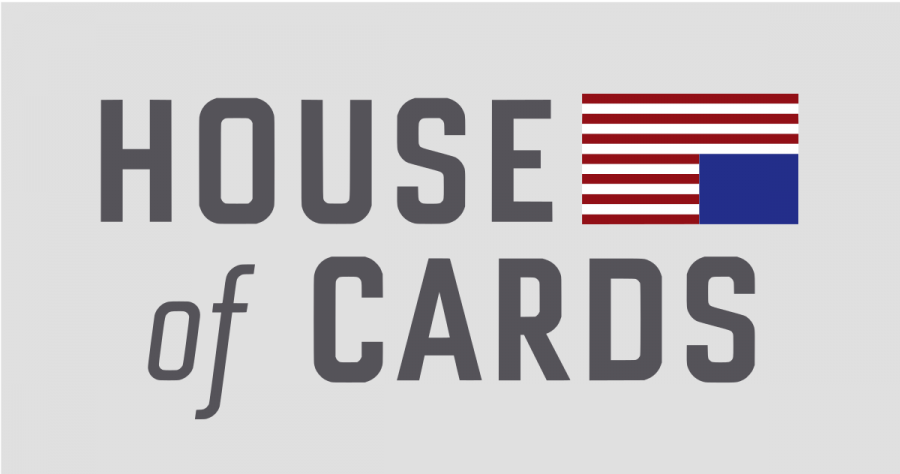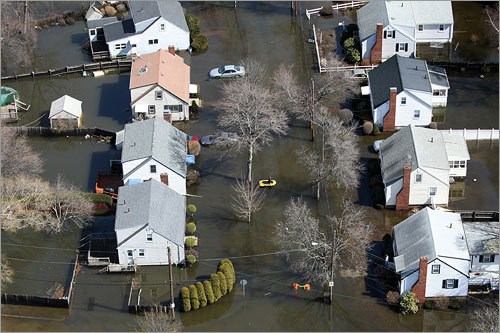By Kaylie Flannigan
Staff Writer
Human trafficking.
According to Webster’s dictionary, human trafficking is organized criminal activity in which human beings are treated as possessions to be controlled and exploited (as in being forced into prostitution or involuntary labor).
Human trafficking can be synonymous with prostitution in that people are taking advantage of vulnerable populations, such as immigrants, runaways, and young women, and exploiting them for profit. These vulnerable populations are typically victims of abuse or in unfamiliar territory looking for a friendly face to assist them.
People tend to believe that human trafficking is a problem not relevant to American public policy, that it does not affect communities in the Greater Boston Area and Massachusetts.
On September 11, a Boston man was sentenced to twelve and a half years in prison under charges of human trafficking. This is not an isolated event.
From December 2007 to September 2013, there were 172 potential trafficking cases in need of investigation in Massachusetts. Of those, one hundred and nineteen were adults and 135 were female.
Human trafficking is illegal in Mass, and a task force was created in the state in 2011.
The task force estimates that 27 million people are trafficked internationally, and that trafficking annually produces $32 billion in revenue, the second largest sector of the black market.
According to the Polaris Project, an organization that fights and educates issues on global human trafficking and slavery, sex trafficking can occur out of a range of areas including but not limited to massage parlors, truck stops, and escort services.
The National Human Trafficking Resource Center (NHTRC) reports that in 2013 they received 31,945 phone calls regarding human trafficking instances in the United States. Thirty-four percent of these calls came from concerned community members with tips or reports of trafficking, with the next highest percentage only nine — potential victims of human trafficking calling for themselves. The rest of the data is a combination of family members of possible victims, non- government organizations, students, and medical personnel.
Common signs of human trafficking are if the individual does not have the freedom to come and go as they wish, works excessively or long hours, avoids eye contact, and appears malnourished. There is more information on warning signs online at polarisproject.org.
NHTRC encourages the public to call their hotline at 1-888-373-7888 if they suspect a human trafficking case.









